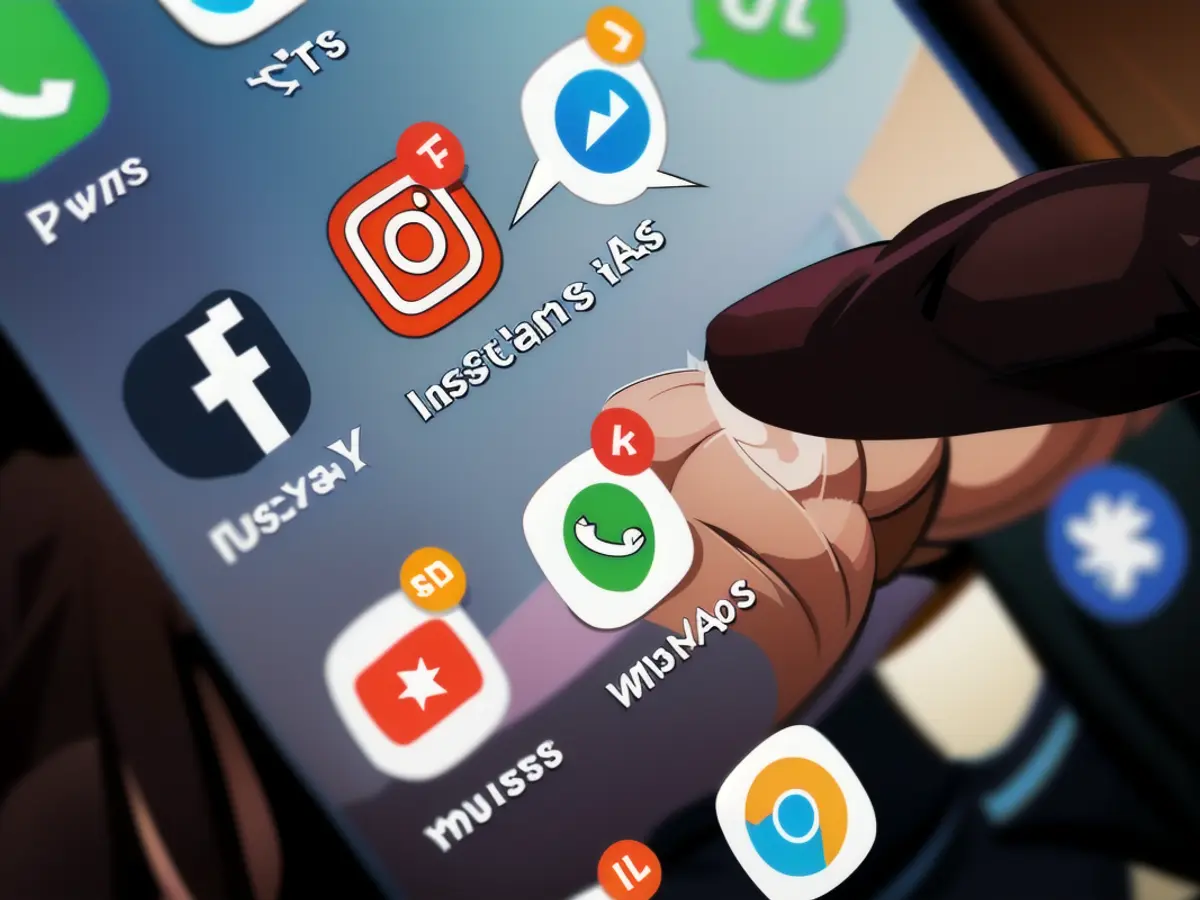OECD advises cautious adoption of cell phones within educational settings.
In schools, cell phones often get a bad rap. As per research from the Organisation for Economic Co-operation and Development (OECD), these devices can indeed be useful, particularly as a learning tool. Yet, it's crucial to employ them responsibly. Fortunately, the industry association does not endorse a prohibition.
Per OECD's findings, using mobile devices for study can lead to better results. Research suggests that students who spent between 1-5 hours a day on these gadgets for learning purposes fared better academically than those who didn't or who used them in class for personal tasks. The OECD shared this information in Paris.
The OECD surveyed students in a series of math classes, discovering that around 65% felt they were distracted by their own cell phones during lectures. The distraction caused by their classmates' private cell phone usage was reported by 59% of students. Based on this study, pupils who frequently succumb to cell phone distractions suffer a learning setback of nearly an entire school year.
The most detrimental effects were observed in students who spent over an hour a day fiddling with their phones while attending class. Moreover, constant connectivity can be psychologically taxing for teens. A French study disclosed that 43% of pupils felt anxious and jittery when separated from their cell phones.
These students exhibit lower grades, poorer quality of life, and lesser emotional control. Less distraction might be achieved by making it mandatory for learners to switch off their devices' notifications during sessions and by reducing feelings of obligation to respond to personal messages during lessons, according to the OECD.
The OECD is not advocating for a total ban on cell phones at school, not only because many pupils defy such rules and use their phones covertly. Additionally, these devices have become an essential part of school life since the COVID-19 pandemic and have demonstrated their worth in academic settings. Therefore, it's vital for policymakers to guarantee effective access to these instructional resources for youngsters, regardless of whether they hail from rural areas or urban centers, affluent or economically disadvantaged communities.
Read also:
- Floods: water levels remain critical in many places
- Snow chaos further restricts Bavaria
- Continuous operation in the flood areas
- Flood situation remains tense in many places
In light of the OECD's recommendations, many international schools have started incorporating cell phones into their curriculum, using them as educational tools. Furthermore, the OECD's research has shown that international schools, particularly those in the Organization for Economic Co-operation and Development, can benefit from the strategic use of cell phones in teaching, including for collaboration and research.
Source: www.ntv.de






